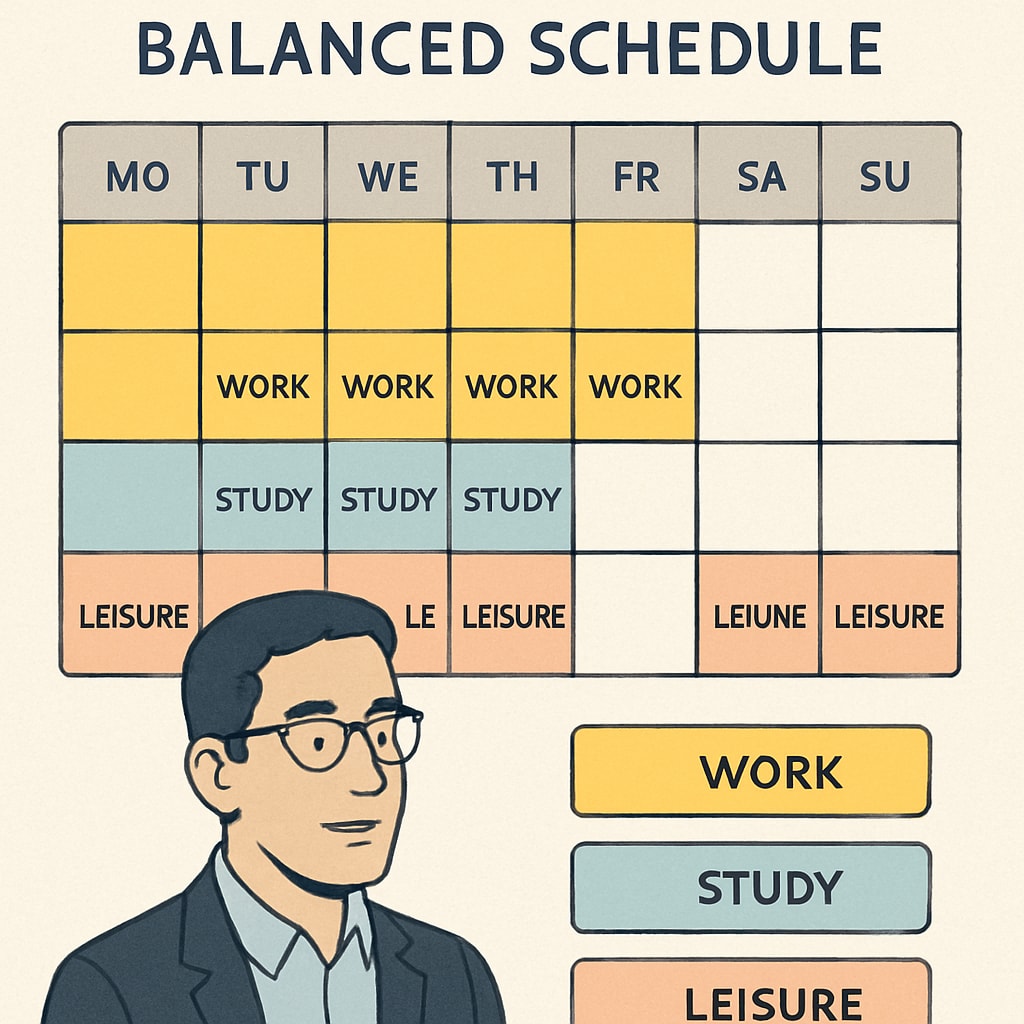For many mid-career professionals, the decision to pursue a master’s degree is a pivotal moment that intertwines personal ambition, career development, and time management. While higher education can open doors to new opportunities and enhance professional standing, the challenges of balancing work commitments, academic responsibilities, and personal life often create a daunting dilemma. Understanding how to navigate this journey effectively is crucial for those aiming to achieve their educational and professional goals without compromising their current career trajectory.
Why Mid-Career Professionals Pursue a Master’s Degree
Mid-career professionals often consider pursuing a master’s degree to boost their career progression, gain specialized knowledge, or transition into new fields. For example, industries such as technology, healthcare, and business increasingly demand advanced qualifications for senior roles. Additionally, the pursuit of higher education can strengthen an individual’s network, foster credibility, and demonstrate a commitment to personal growth.
However, the decision to pursue a master’s degree isn’t solely driven by external factors. Many professionals also seek intellectual enrichment or the satisfaction of achieving a long-held educational goal. Yet, balancing these aspirations with existing work and life obligations presents significant challenges.

Challenges of Time Management and Value Assessment
One of the primary obstacles mid-career individuals face is time management. Balancing full-time work, family responsibilities, and academic deadlines requires meticulous planning and discipline. For instance, evening classes or online programs may offer flexibility, but they still demand substantial time and energy that could otherwise be spent on professional or personal priorities.
In addition to time constraints, professionals often struggle with assessing the value of a master’s degree relative to their career goals. While some industries heavily reward advanced degrees, others prioritize experience and skills over formal education. Before committing to a program, it’s essential to evaluate whether the investment in time, money, and effort will yield tangible benefits in terms of salary, promotions, or job opportunities.
Practical Strategies for Balancing Work and Education
To successfully navigate the challenges of pursuing a master’s degree mid-career, professionals can adopt several practical strategies:
- Choose the Right Program: Opt for part-time, online, or executive master’s programs that cater to working professionals. These formats often provide greater flexibility.
- Set Priorities: Clearly define your career and educational goals to ensure that your efforts align with long-term aspirations.
- Create a Schedule: Develop a detailed weekly schedule that includes work, study, and personal time. Stick to this schedule to avoid burnout.
- Leverage Support Systems: Communicate your goals with your employer, family, and peers. Their understanding and assistance can make a significant difference.
- Utilize Technology: Use productivity tools and apps to manage tasks, deadlines, and study materials efficiently.

Is a Master’s Degree Worth It?
Ultimately, the decision to pursue a master’s degree depends on individual circumstances and career objectives. For some, the degree may serve as a critical stepping stone to leadership positions or specialized roles. Others may find that skill development, certifications, or on-the-job experience offer more immediate and cost-effective benefits.
To make an informed decision, professionals should conduct thorough research, consult industry experts, and consider their financial and time constraints. External resources such as Wikipedia on master’s degrees and Britannica on higher education can provide helpful insights into the value and structure of advanced academic programs.
Conclusion
Pursuing a master’s degree mid-career is undoubtedly challenging, but with careful planning and the right strategies, it can be an achievable and rewarding goal. By balancing work commitments, academic demands, and personal responsibilities, professionals can enhance their career trajectories while enriching their intellectual and personal growth. Remember, the key lies in understanding your priorities and finding a program that complements your unique circumstances.
Readability guidance: Use short paragraphs, lists, and clear headings to structure content. Focus on actionable advice while maintaining a professional tone. Incorporate transition words to improve flow and clarity.


